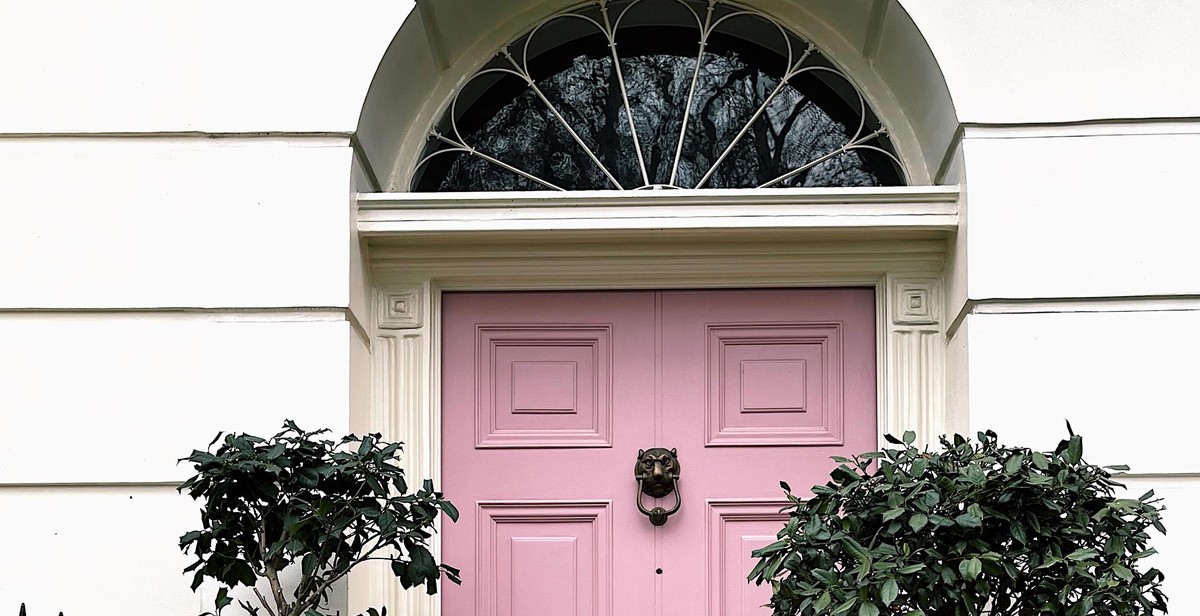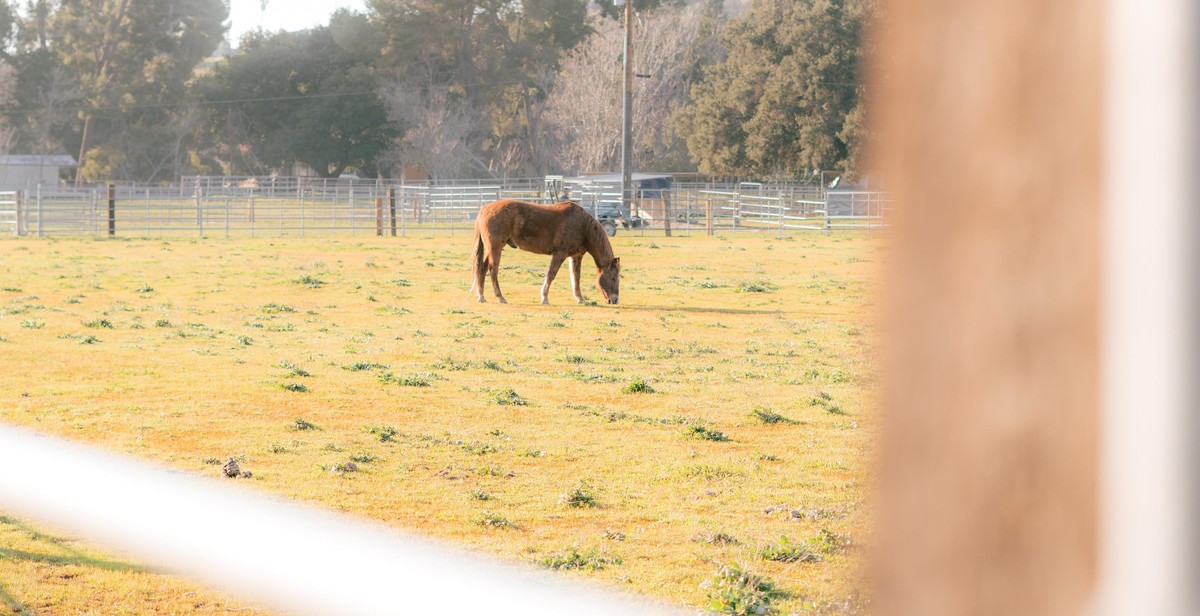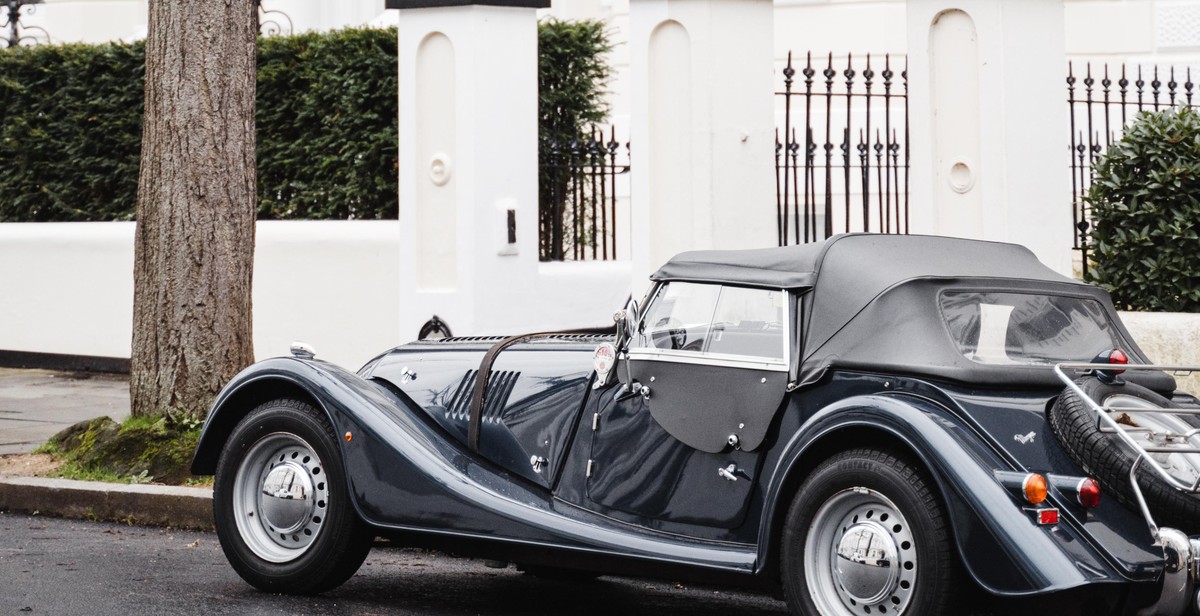How to Choose the Right Fencing for Horse Properties: Options and Considerations for Horse Enclosures
As a lifelong equestrian and owner of a horse property, I understand the importance of choosing the right fencing for your horse enclosure. Fencing not only provides a physical boundary for your horses, but it also ensures their safety and security. Choosing the wrong type of fencing can lead to injury, stress, and even escape, which can be dangerous and costly.
Why Choosing the Right Fencing is Important
The right fencing not only keeps your horses safe, but it can also enhance the beauty and value of your property. A well-designed and properly installed fence can add to the aesthetics of your farm, creating a welcoming and professional appearance. Furthermore, choosing the right fencing can save you money in the long run by reducing the need for repairs and replacements.
However, with so many fencing options available, choosing the right one can be overwhelming. This article will guide you through the different types of fencing available for horse properties and the important considerations to keep in mind when making your decision.

Types of Fencing for Horse Properties
Choosing the right fencing for your horse property is crucial for the safety and well-being of your horses. There are several types of fencing available in the market, each with its own set of advantages and disadvantages. Here are some of the most popular types of fencing for horse enclosures:
1. Wooden Fencing
Wooden fencing is a classic choice for horse properties. It is aesthetically pleasing and adds a rustic charm to your property. Wood is a natural material that blends well with the environment and is easy to maintain. However, wooden fencing can be prone to rot, insect infestation, and warping. It also requires regular painting or staining to maintain its appearance and durability.
2. Vinyl Fencing
Vinyl fencing is a popular choice among horse owners because of its durability and low maintenance. It is made of PVC material that is resistant to weather, rot, and insects. Vinyl fencing can withstand extreme temperatures and does not require painting or staining. However, it is more expensive than wooden fencing and may not be as visually appealing.
3. Polymer Fencing
Polymer fencing is a relatively new type of fencing that is gaining popularity among horse owners. It is made of high-density polyethylene (HDPE) material that is strong, durable, and resistant to weather, rot, and insects. Polymer fencing is easy to install and requires minimal maintenance. It is also available in a variety of colors and styles to match your property’s aesthetics. However, it is more expensive than wooden fencing and may not be as widely available.
4. Electric Fencing
Electric fencing is a cost-effective and flexible option for horse properties. It uses a low voltage electric shock to deter horses from leaning or pushing on the fence. Electric fencing is easy to install and can be customized to fit any property size or shape. It is also portable and can be moved around as needed. However, it may not be as visually appealing as other types of fencing and requires regular maintenance to ensure proper functioning.
| Advantages | Disadvantages | |
|---|---|---|
| Wooden Fencing | Classic look, natural material, easy to maintain | Prone to rot, insect infestation, and warping, requires regular painting or staining |
| Vinyl Fencing | Durable, low maintenance, resistant to weather, rot, and insects | Expensive, may not be as visually appealing |
| Polymer Fencing | Strong, durable, resistant to weather, rot, and insects, easy to install | Expensive, may not be as widely available |
| Electric Fencing | Cost-effective, flexible, easy to install, portable | May not be as visually appealing, requires regular maintenance |

Factors to Consider When Choosing Fencing for Horse Properties
Choosing the right fencing for your horse property is a crucial decision that affects the safety, health, and comfort of your horses. When selecting a fence, you need to consider several factors, including:
Horse Safety
Horse safety should be your top priority when selecting a fence for your horse property. You need to choose a fence that is strong and sturdy enough to prevent your horses from escaping or injuring themselves. Also, the fence should be high enough to prevent horses from jumping over it.
Some of the best horse fencing options that guarantee safety include:
- Wood fencing
- Vinyl fencing
- ElectroBraid® fencing
- High-Tensile wire fencing
Durability and Maintenance
Another essential factor to consider when choosing fencing for horse properties is durability and maintenance. You need a fence that can withstand harsh weather conditions and last long without frequent repairs. Also, the fence should be easy to maintain to avoid incurring additional costs.
Some of the most durable and low-maintenance horse fencing options include:
- Wood fencing
- Vinyl fencing
- High-Tensile wire fencing
- Woven wire fencing
Cost
The cost of fencing is a crucial factor to consider when selecting a fence for your horse property. You need to choose a fence that fits within your budget without compromising on quality.
Some of the most affordable horse fencing options include:
- Barbed wire fencing
- Electric fencing
- Split rail fencing
- Mesh wire fencing
Aesthetics
The appearance of your horse property is essential, and the fence you choose plays a significant role in enhancing its overall look. You need to select a fence that complements the landscape and architecture of your property.
Some of the most aesthetically pleasing horse fencing options include:
- Wood fencing
- Vinyl fencing
- Woven wire fencing
- Split rail fencing
| Fencing Option | Horse Safety | Durability and Maintenance | Cost | Aesthetics | ||||||||||||||||||||||||
|---|---|---|---|---|---|---|---|---|---|---|---|---|---|---|---|---|---|---|---|---|---|---|---|---|---|---|---|---|
| Wood fencing | High | High | Medium | High | ||||||||||||||||||||||||
| Vinyl fencing | High | High | High | High | ||||||||||||||||||||||||
| ElectroBraid® fencing | High | Medium | Medium | Medium | ||||||||||||||||||||||||
| High-Tensile wire fencing | High | High | Medium | Low | ||||||||||||||||||||||||
| Woven wire fencing | High | High | High | Medium | ||||||||||||||||||||||||
| Barbed wire fencing | Low | High | Low | Low | ||||||||||||||||||||||||
| Electric fencing | Medium | Low | Low | Low | ||||||||||||||||||||||||
| Split rail fencing | Low | Medium | Low | High | Additional Considerations for Choosing the Right Fencing for Horse Properties
| Consideration | Recommended |
|---|---|
| Height | 5-6 feet |
| Width | Adequate to prevent horses from getting stuck between rails |
| Spacing | 2 inches for wooden fences, 3 inches for metal fences |
| Visibility | Visible from a distance with a contrasting color to the surroundings |
| Gates | Sturdy and at least 12 feet wide |
| Access Points | Strategically placed with double gates for high traffic areas |
| Local Regulations | Comply with all regulations and zoning laws |

Making the Best Choice for Your Horse Property
Choosing the right fencing for your horse property is crucial to the safety and well-being of your horses. With so many options available, it can be overwhelming to decide which type of fencing to choose. However, by considering factors such as cost, durability, maintenance, and aesthetic appeal, you can make an informed decision that meets the needs of your horses and your property.
Considerations for Horse Enclosures
When selecting fencing for your horse enclosure, you must consider the size and number of horses, as well as their behavior and habits. For example, if you have a large number of horses, you may need a stronger and more durable fence that can withstand their weight and activity level. Similarly, if you have horses that tend to chew or crib, you may need a fence that is less appealing to them.
Options for Horse Fencing
Some of the most popular options for horse fencing include wood, vinyl, electric, and mesh. Each type of fencing has its advantages and disadvantages in terms of cost, maintenance, and durability. For example, while wood fencing may be more aesthetically pleasing, it requires regular maintenance and can be more expensive than other options.
Conclusion
Ultimately, choosing the right fencing for your horse property requires careful consideration of your horses’ needs and your budget. By taking the time to research and compare different options, you can make an informed decision that provides a safe and secure environment for your horses.
| Pros | Cons |
|---|---|
| Wood fencing is aesthetically pleasing | Requires regular maintenance |
| Electric fencing is cost-effective | Can be dangerous if not installed properly |
| Mesh fencing is durable and low-maintenance | Can be more expensive than other options |
